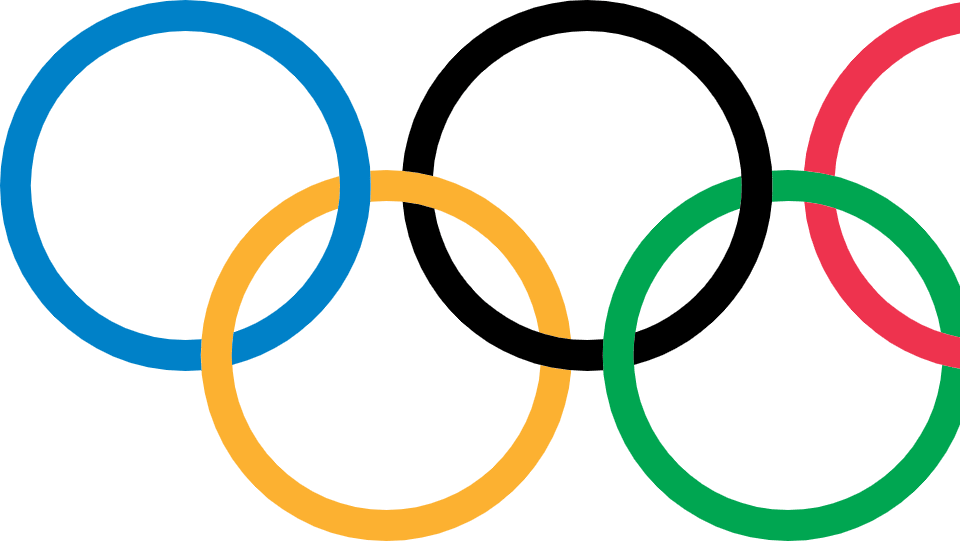A Sustainability Journey
The Vancouver 2010 Organising Committee (VANOC) has made sustainability an important journey for the organisation and its partners. Inspired by the IOC’s Agenda 21 and the fact that the environment and sustainability is the third pillar of the Olympic Movement, along with sport and culture, the VANOC team has done their utmost to ensure that sustainability is taken into account in everything that they do.

Training and Job Creation
As part of the preparations for the Games, a number of projects have been initiated that have seen local people, often from at-risk population groups, receiving training and employment. One such initiative is the Vancouver 2010 Fabrication (FAB) Shop, which provided carpentry training and work experience for disadvantaged youth, indigenous people, single mothers and new immigrants. The FAB shop is where the more than 2,300 wooden products needed in Games venues have been produced. The company supplying the 1,700 victory bouquets for the athletes also works with at-risk populations providing them with training, work experience and job placements, allowing them to improve their lives. Even on the Vancouver Olympic Village site, an agreement was reached allowing for 100 construction jobs to be given to inner-city residents, in addition to training. This agreement also foresaw CAD 15 million worth of goods and services to be purchased from inner-city suppliers.
Consideration has been given to how all of the Vancouver 2010 venues will be used in legacy mode. A number of the venues existed prior to the Games; however, of those constructed anew, their post-Games use is already defined. The Vancouver Olympic Centre, for example, will become a multipurpose community recreation centre; the Olympic Villages in Vancouver and Whistler will help to provide housing for local residents and also social housing for a number of communities around British Columbia. The new competition venues also have accessibility integrated into their design, ensuring that persons with a disability will be able to easily access and use them.
The Games have also provided a significant catalyst for social inclusion with initiatives such as the Four Nations Snowboard Team providing opportunities for aboriginal youth to use sport as a vehicle for social change. 2010 Legacies Now has also provided a number of opportunities, thanks to the Games, that have allowed more people to take up sport, keep fit and think about volunteering than would have without the Games coming to Vancouver.